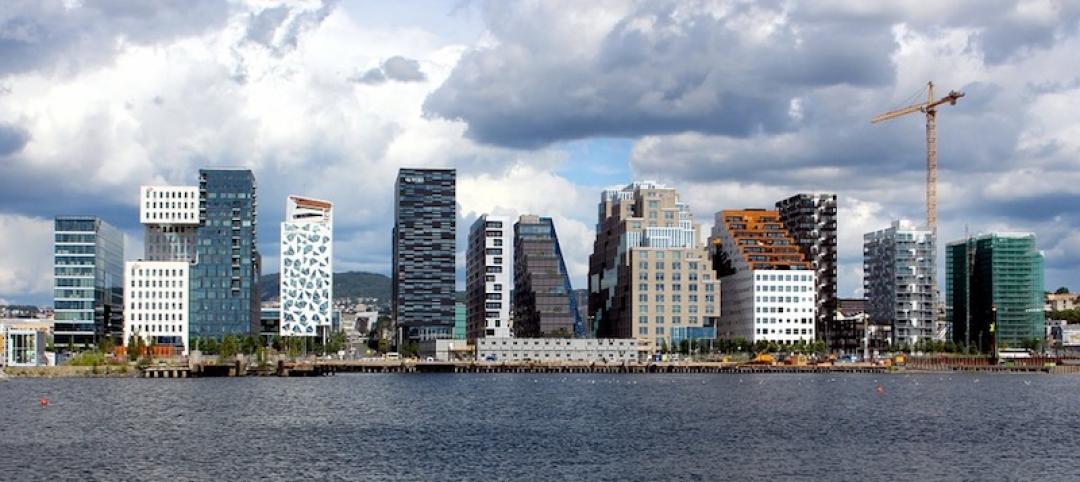The City Council of Cambridge, Mass., approved the Building Energy Usage and Disclosure Ordinance (BEUDO) that requires benchmarking and disclosure of building energy performance for large commercial, institutional, and multifamily buildings. Nine other U.S. cities—Austin, Boston, Chicago, Minneapolis, Philadelphia, New York City, Seattle, San Francisco, and Washington, D.C.—along with two states and one county have enacted similar laws.
Cambridge’s new ordinance addresses energy and water use in commercial and institutional buildings that are 25,000 sf or larger, along with multifamily buildings that have 50 or more units, and municipal buildings over 10,000 sf. Owners must annually benchmark and report their properties’ energy use, water use, and building information using the U.S. Environmental Protection Agency’s (EPA) Portfolio Manager tool.
The ordinance will be phased in for various building types and sizes, with municipal buildings reporting their data by the end of 2014. Starting in the second year of reporting, data collected will be disclosed annually through a public web site.
(http://www.imt.org/news/the-current/cambridge-mass.-passes-energy-benchmarking-ordinance)
Related Stories
Codes and Standards | Feb 8, 2019
Oslo, Norway’s downtown goes virtually car-free
Parking spots converted to bike lanes, transit is fast and easy.
Codes and Standards | Feb 7, 2019
New North Carolina energy code has extensive lighting control requirements
Includes automatic shut offs for buildings of all sizes.
Codes and Standards | Feb 6, 2019
Solar carports can help with California’s Title 24 mandates
Can be combined with virtual net-metering software and tax-enabled financing.
Codes and Standards | Feb 5, 2019
Milwaukee board approves rezoning for Western Hemisphere’s tallest mass timber building
Mixed-use tower would rise 21 stories high.
Codes and Standards | Feb 1, 2019
Mass. governor proposes real estate transfer fee hike for climate resiliency projects
Opposed by real estate and trade groups, plan could generate $1 billion in next decade.
Codes and Standards | Jan 31, 2019
New York City will reform construction bid process
Streamlined process intended to improve efficiency, reduce hassle for bidders.
Codes and Standards | Jan 30, 2019
New AGC program aims to diversify construction workforce
More diversity needed to keep pace with demand for workers.
Codes and Standards | Jan 29, 2019
Registration now open for LEED v4.1 for New Construction and Interior Spaces
Emphasizes human health and integrative building design.
Codes and Standards | Jan 25, 2019
AEC professionals should push for net zero projects
Educate and lead clients to more sustainable choices, says LEED fellow.
Codes and Standards | Jan 24, 2019
OSHA unaffected by federal government shutdown
Agency fully funded for first nine months of 2019.

















